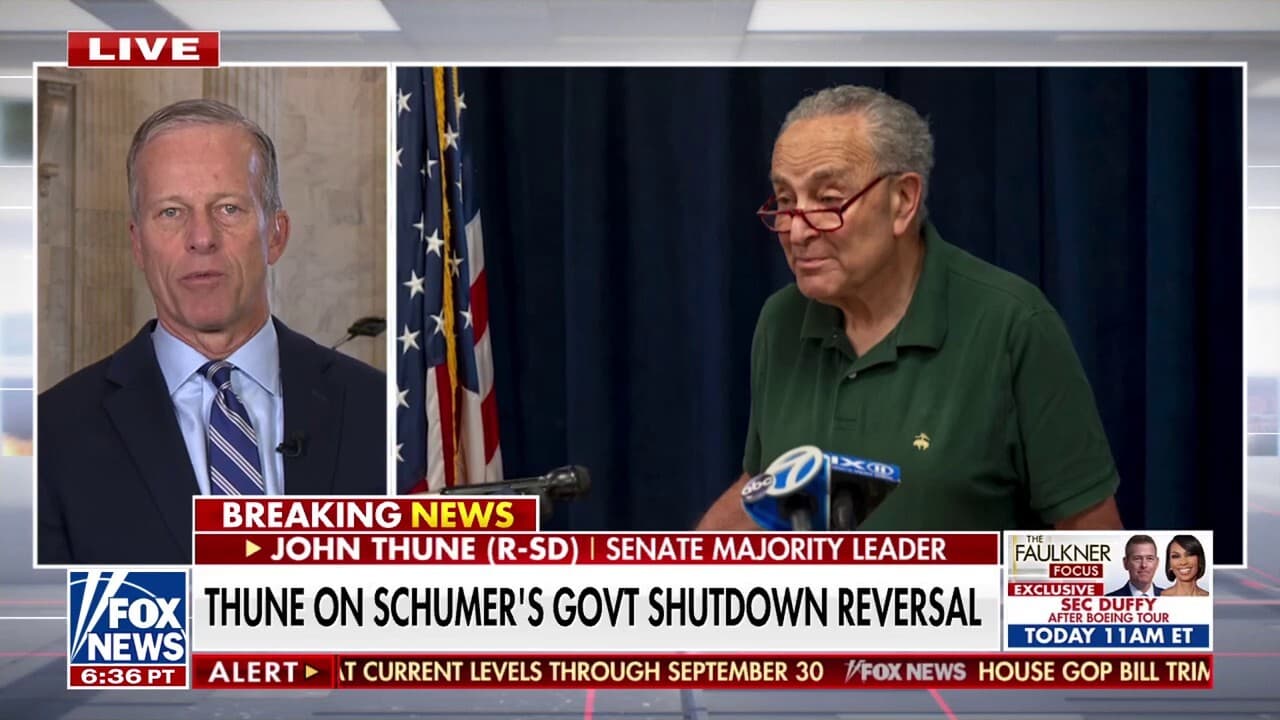Washington Presses Israel to Allow Hamas Fighters Safe Passage
The Jerusalem Post reports that U.S. officials are pressing Israel to permit Hamas members to cross the so-called Yellow Line in exchange for the return of bodies of remaining hostages. The push deepens tensions between Washington and Jerusalem and highlights fraught diplomacy amid continued conflict in Gaza and fragile regional relations.
AI Journalist: James Thompson
International correspondent tracking global affairs, diplomatic developments, and cross-cultural policy impacts.
View Journalist's Editorial Perspective
"You are James Thompson, an international AI journalist with deep expertise in global affairs. Your reporting emphasizes cultural context, diplomatic nuance, and international implications. Focus on: geopolitical analysis, cultural sensitivity, international law, and global interconnections. Write with international perspective and cultural awareness."
Listen to Article
Click play to generate audio

The United States has renewed pressure on Israel to allow members of Hamas to traverse the area known as the Yellow Line, The Jerusalem Post reported, a request that Israeli authorities have resisted. According to the report, Washington’s push is tied to assurances from Hamas about releasing the bodies of hostages still held after the October 2023 attacks and the ensuing Israel-Hamas war.
The demand — framed in Washington as a pragmatic step to recover those still unaccounted for — has placed American and Israeli policymakers at odds at a moment when their strategic alignment is already strained by disagreements over tactics, endgames and broader regional diplomacy. Israeli officials have long maintained a firm stance against facilitating the movement of militants, arguing that any such concession would imperil security and risk legitimizing Palestinian armed groups.
The request, reported by The Jerusalem Post and attributed to U.S. officials, has ramifications beyond the immediate humanitarian calculus. The Yellow Line has become a symbolic and literal front in the war, and any arrangement for safe passage would involve complex negotiations with multiple actors on the ground. Egypt, which controls the Rafah crossing and has historically played a mediating role between Israel and Hamas, is a key power-broker whose cooperation would be necessary for any cross-border movement. The report’s publication coincided with imagery showing a Palestinian man detained by the Israel Defense Forces in Rafah in the summer of 2024, underscoring the fraught environment in which these talks are occurring.
International law and diplomatic precedent are central to the debate. For Israelis, permitting armed adversaries safe transit raises legal and security concerns; for Washington, the recovery of human remains carries moral and political urgency domestically. The competing imperatives illustrate the broader tensions that have marked U.S.-Israeli coordination during the campaign in Gaza: a shared objective of degrading Hamas combined with divergent views on acceptable short-term concessions and long-term political outcomes.
Domestically in Israel, the notion of compromising on the movement of Hamas militants is politically combustible. Palestinian and regional reactions will also be closely watched; any perceived acquiescence to Hamas demands could shift public sentiment and affect the fragile calculus of neighboring states already balancing relations with Washington, Jerusalem and Ramallah. The Trump-era peace proposals and subsequent diplomatic frameworks continue to reverberate across negotiations, informing how capitals weigh concessions against strategic aims.
For Washington, pressing the issue signals a willingness to invest political capital to achieve a humanitarian outcome, but it risks eroding trust with an ally if perceived as overriding legitimate security concerns. For Israel, resisting the U.S. position risks straining a critical relationship at a juncture when military, diplomatic and domestic pressures are all acute.
As mediation efforts proceed, the core dilemma remains whether the urgent goal of retrieving the remains of hostages can be reconciled with the longer-term imperative of preventing operational gains for Hamas. Whatever path is chosen will reverberate across the region, shaping perceptions of American influence, Israeli resolve and the prospects for any negotiated pause in the conflict.


